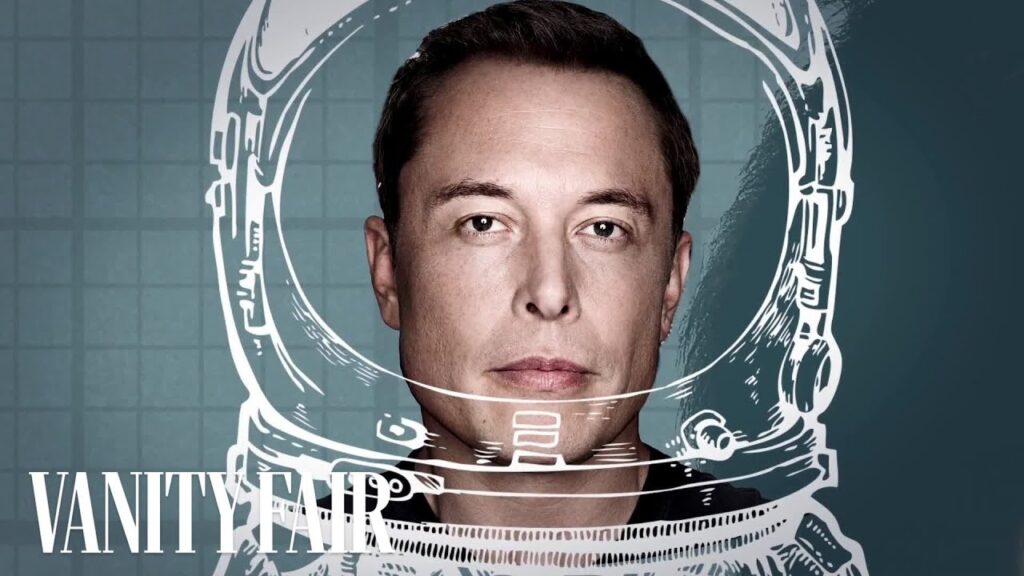Maintaining Health in Space: The Importance of Exercise and Medical Care for Astronauts
Summary
In this article, we discuss the importance of maintaining good health in space for astronauts. We explore the role of exercise in preventing bone and muscle loss and maintaining a healthy heart, as well as the challenges of working out in microgravity. We also examine the measures taken to prevent sickness in space, including quarantine, water treatment, and medical kits, and the medical officers and equipment available in case of emergencies.
Table of Contents
- The Importance of Exercise in Space
- Challenges of Working Out in Microgravity
- Preventing Sickness in Space
- Medical Care for Astronauts
- Conclusion
The Importance of Exercise in Space
Maintaining good health is crucial for astronauts, as certain medical conditions can disqualify them from spaceflight. Exercise is one of the most important aspects of astronaut health, as it helps prevent bone and muscle loss and keeps the heart healthy. However, traditional weightlifting is not effective in space due to microgravity, so astronauts use resistive exercises like springs or elastic bands. Astronauts on the space station have a two-hour exercise period six days a week, which includes cardio and resistive exercises using machines like the SEVI, a bike with a vibration isolation system.
Challenges of Working Out in Microgravity
Working out in space can compromise the microgravity environment, which can interfere with experiments. To solve this problem, engineers have developed machines that isolate vibrations associated with working out. The Advanced Resistive Exercise Device (ARE) is a high-tech piece of equipment that works on pulleys and springs and is used for resistive exercises. TheraBands, elastic bands that provide resistance, are also used by astronauts.
Preventing Sickness in Space
Preventing sickness in space is crucial, as it can have serious consequences in the zero-gravity environment. Astronauts are put into quarantine ahead of time, and the spacecraft is kept clean to prevent the spread of illness. Water is treated with iodine, and a filtration system removes the iodine taste. Astronauts undergo extensive medical exams before being selected for spaceflight, and they have a full set of medicine in their medical kit for different ailments. They also have to take a drug-testing kit to ensure they don’t have any allergic reactions to the medicine.
Medical Care for Astronauts
In space flights, there is always a medical officer on board who is usually a doctor or a veterinarian. They undergo extensive medical training, including CPR and basic first aid, and are assisted by at least one other trained person. Flight surgeons, who are medical doctors with special certification to handle aviation and space medical issues, are also available for consultation. In case of a medical emergency, there is a first aid kit and a medical kit on board, but major surgeries are not practical and would require deorbiting and bringing the patient back to Earth. Motion sickness is a common issue, and astronauts adapt to it over time. Vomiting in space is handled using well-made emesis bags to prevent the spread of sickness in the zero-gravity environment.
Conclusion
Maintaining good health in space is crucial for astronauts, and exercise and medical care play a vital role in achieving this goal. Despite the challenges of working out in microgravity and preventing sickness in space, astronauts have access to advanced equipment and medical personnel to ensure their well-being during spaceflight.







